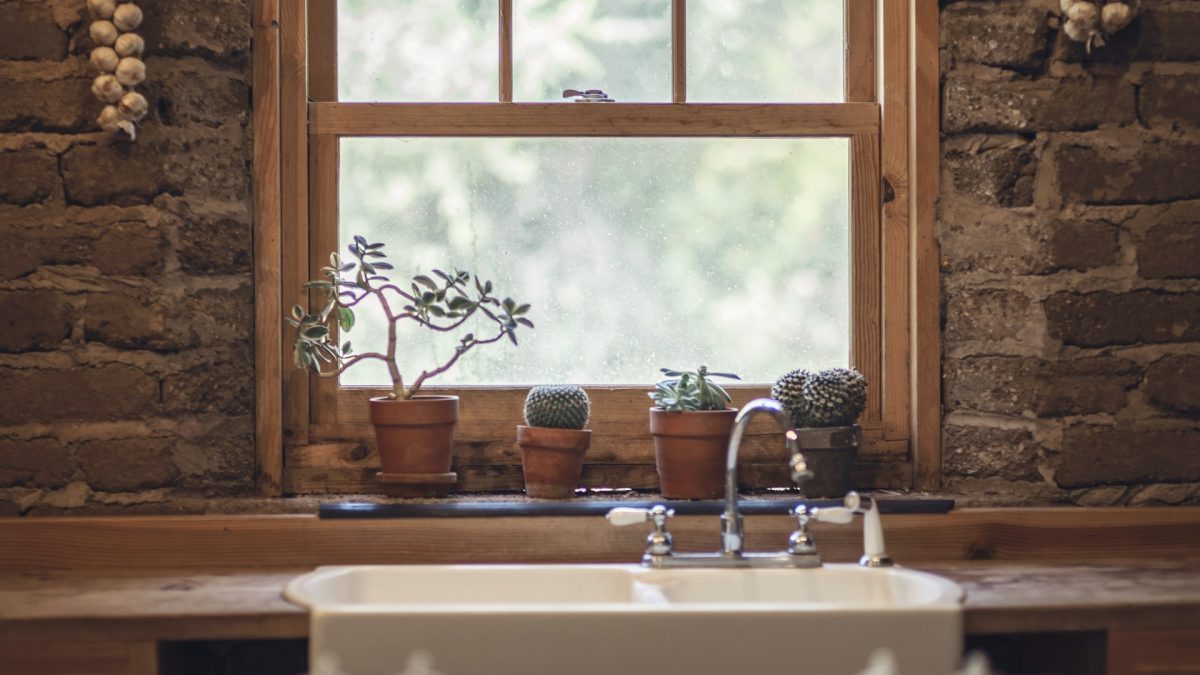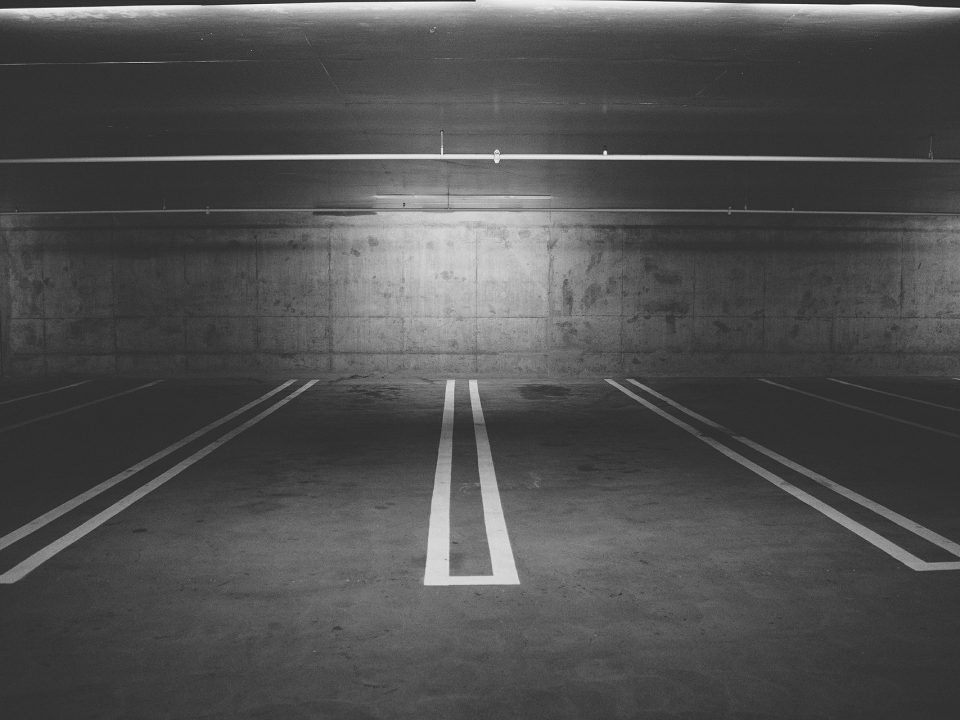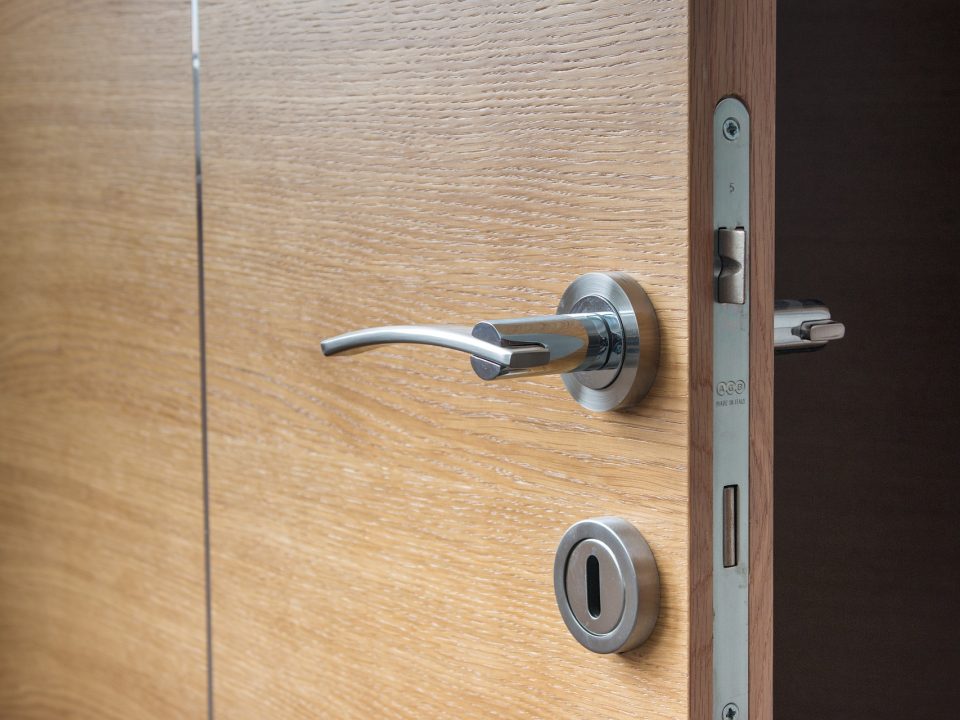These Energy-Saving “Hacks” Don’t Cut It

Nowadays, everyone is concerned with saving the Earth – going green, reducing one’s carbon footprint, saving the turtles, and all that good stuff. But while we all want to fix our major problems like climate change and greenhouse emissions, we have to recognize that change starts with us. If you are a typical conscientious homeowners, you probably separate your recycling, have switched to LED bulbs, and maybe even carpool or take public transit… which, in Philly, is super possible. You are probably on the hunt for new ways to save energy, and towards that end, you have probably heard a lot of “tips” designed to help you keep your power bill and energy usage down. It’s good to have these intentions, but the fact is that many of these “energy-saving hacks” are bunk. Have you been sabotaging yourself when it comes to powering your home? Read on to find out.
Are space heaters more efficient than central heating?
You may have heard the “tip” that, this winter, you should move a portable space heater around from room to room with you instead of turning on your central heating, to save both money and energy. The theory is that a space heater, being a small appliance, will draw much less power than the entirety of your heating system. But, despite what seems intuitively like logic, you will not save money on heating this way. Electric heating is, by far, the least-efficient form of warming your home. Using your space heater overnight in just one room is likely to cost as much as gas-heating your entire house through your HVAC system.
Will a spinning ceiling fan keep your house cool?
In my home state of Florida, my family members and friends with central air-conditioning run their ceiling fans all day, all night, all summer. The mindset behind this is that the fans circulate cool air and keep your home less miserable in the heat. The fact is, this simply is not true. In reality, fans are meant to cool people, not houses. You know how you always feel cold fresh out of the shower, no matter what time of year? That’s because of the water evaporating on your skin. A ceiling fan gives the same effect when you are sweaty by drying up the moisture. The rest of the time, fans are just spinning and are, in fact, circulating the air – but they don’t make the house any cooler. In fact, unless you are directly under the fan, the fan might actually be warming the room up a bit.
Are your lights and appliances burning money by the second?
The well-worn advice that you should turn off the lights every time you leave a room and unplug appliances when not in use is actually passe. From realtor.com:
Some lights, like compact fluorescent lightbulbs, have a certain amount of energy they must burn in the beginning before they consume a relatively even amount of power.
Generally, that time is 15 minutes. So, unless you are leaving the room for a long period of time, it actually takes more energy to turn the lights off and then back on again if you are bouncing between rooms. Same thing goes for your TV or Nintendo Switch (just as an example) – unless you anticipate taking a break longer than about twenty minutes, you may as well just leave the system on.
Should the thermostat stay the same all day?
Is it more energy-efficient to leave the thermometer steady all day while you are at work? Some people say so. In this case, the answer is, “it’s complicated.” It does take extra energy to warm up or cool down your house if you’ve turned the system down when you were at work for the day, that’s true. On the other hand, the cost of heating or cooling your home all day with nobody in the house far exceeds that. Also know that turning the heat up WAY high in order to try and heat the house faster is not a reasonable strategy. Because of the way that your HVAC works, all this is going to do is turn your home WAY hot. Just set the thermostat to the temperature you would like the temperature to be.



